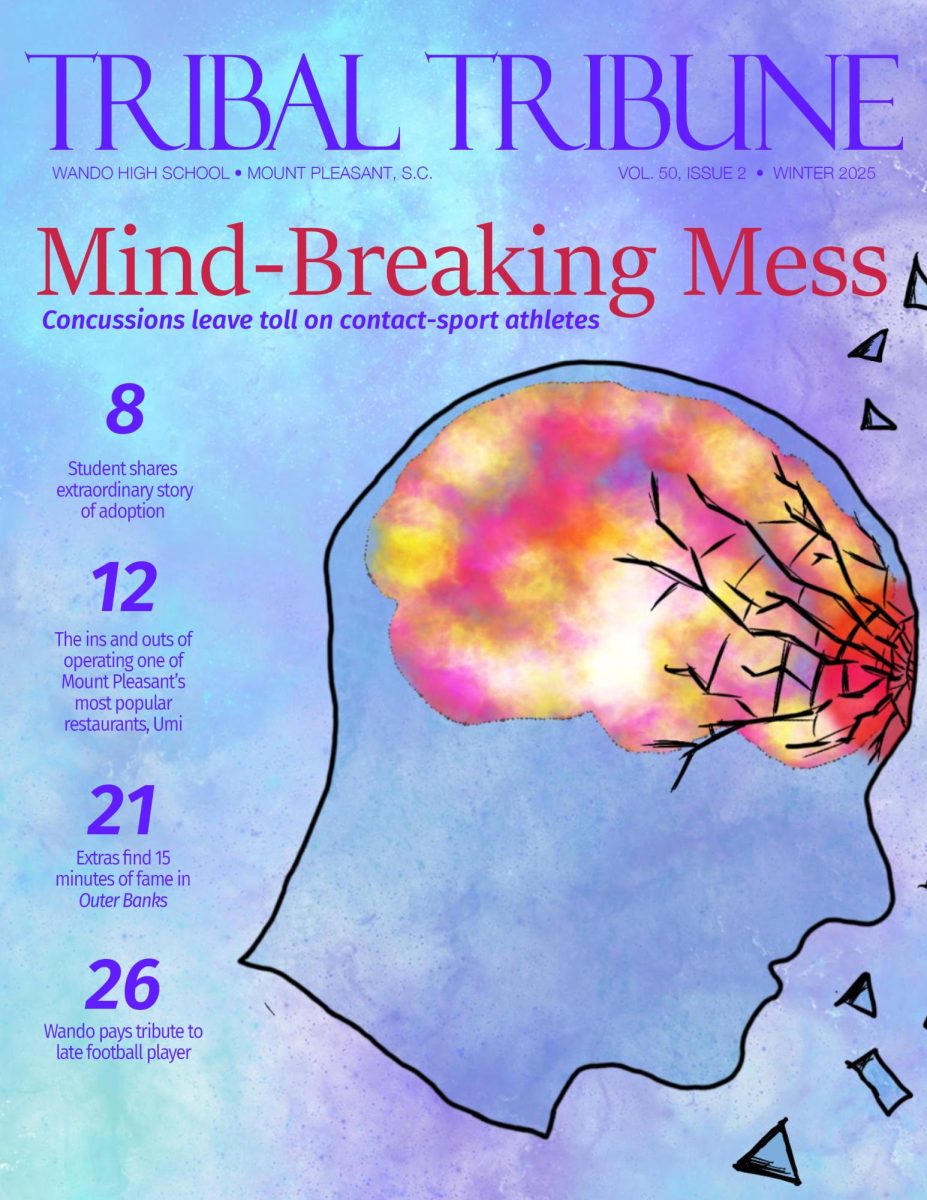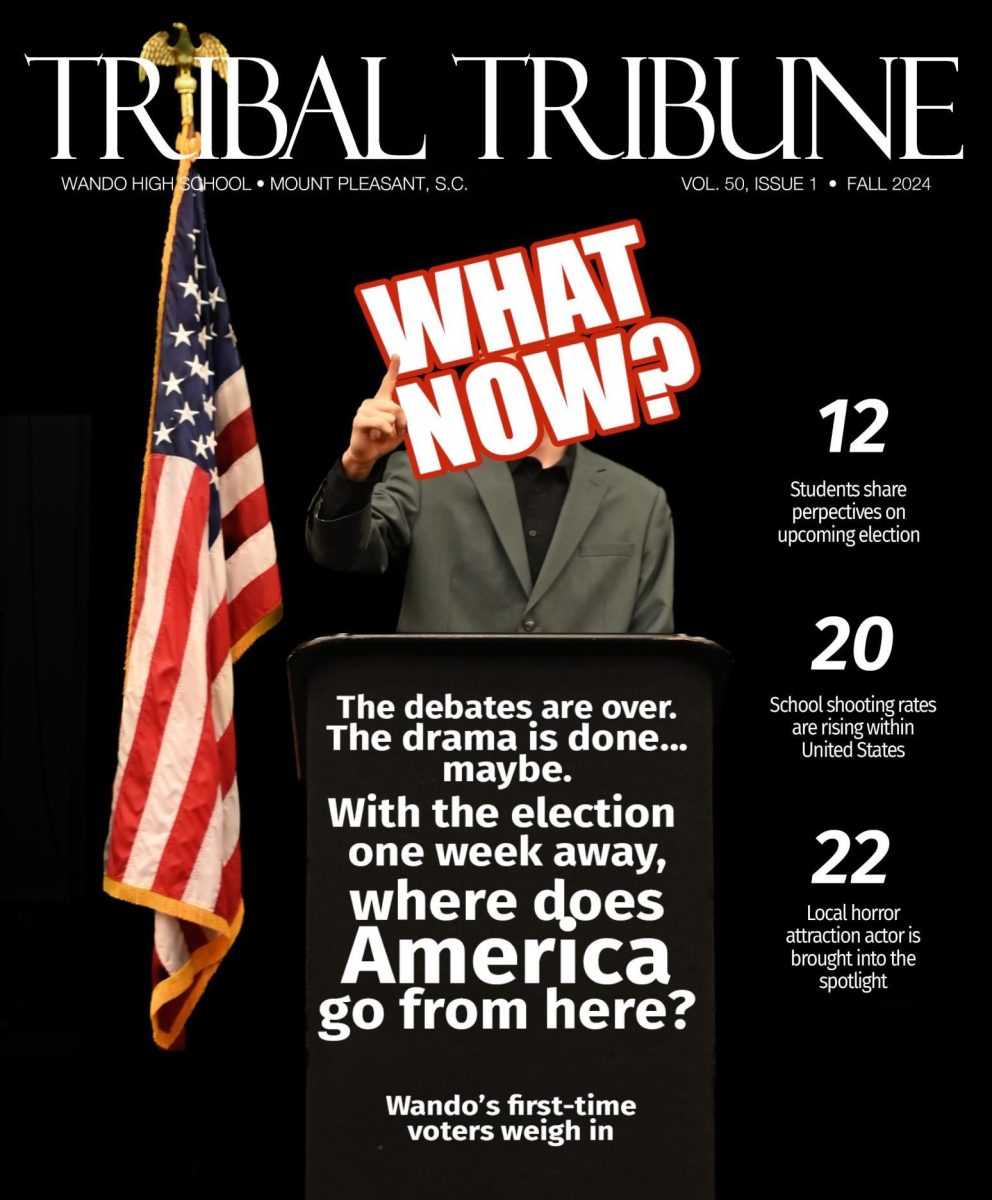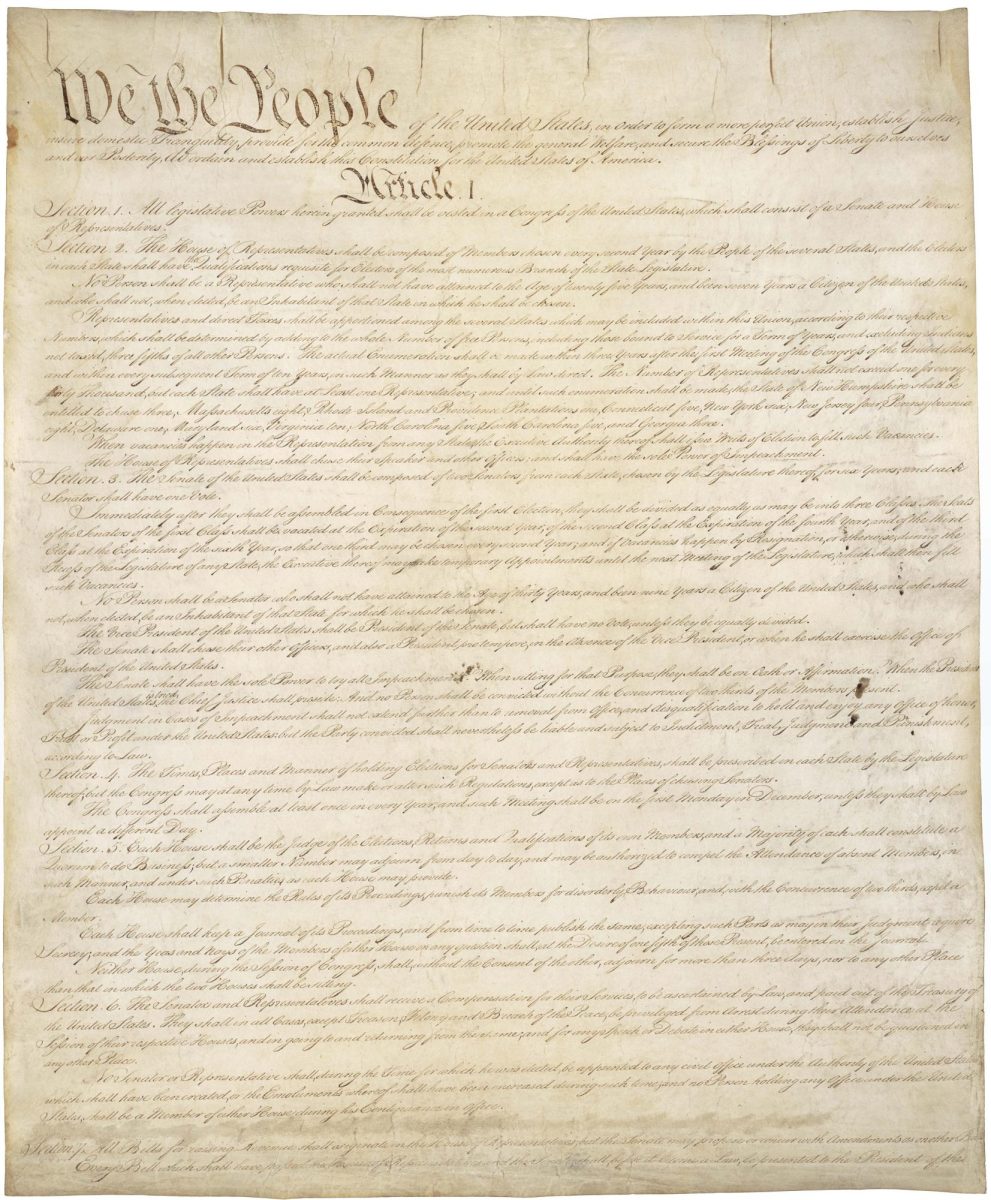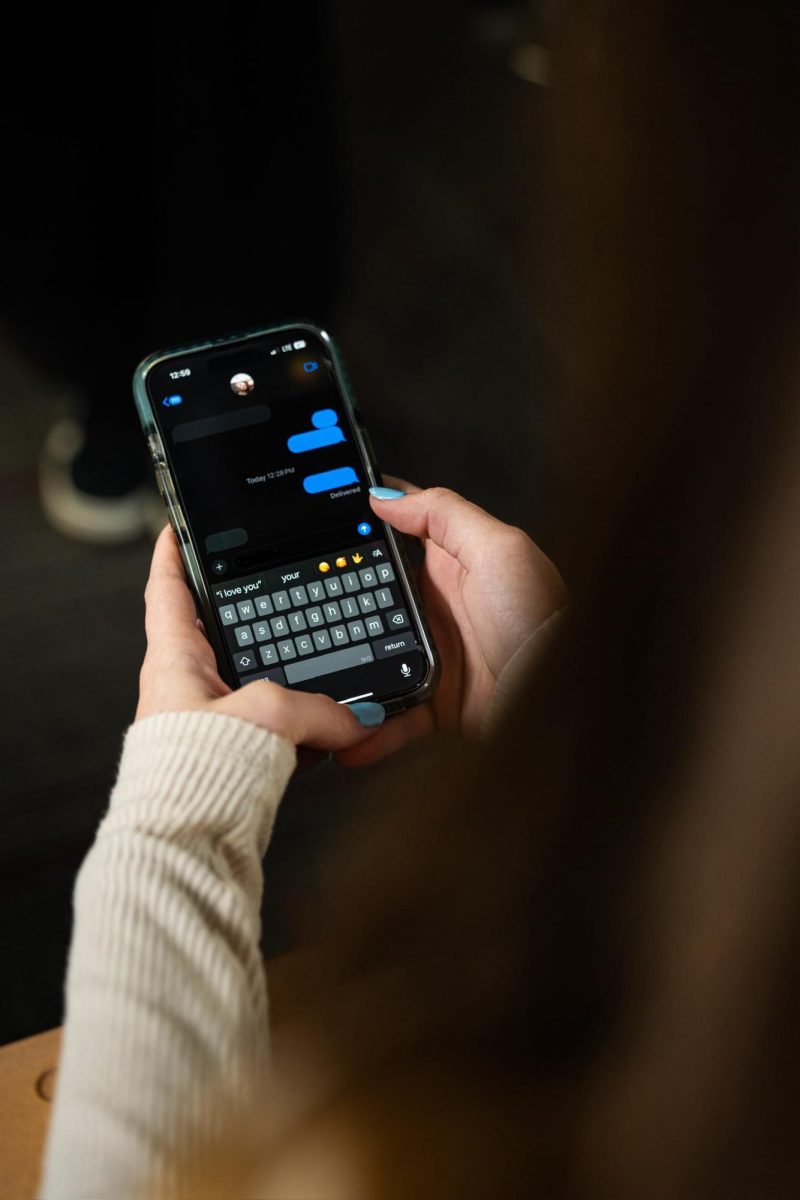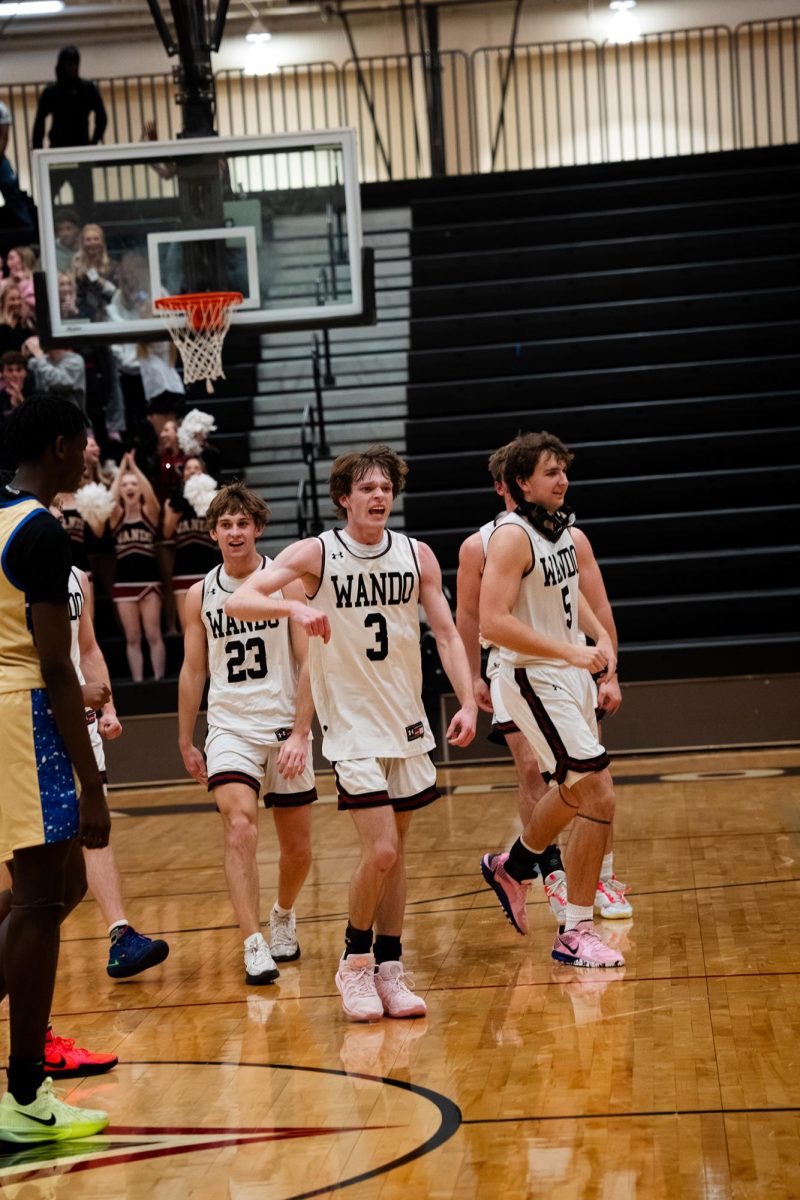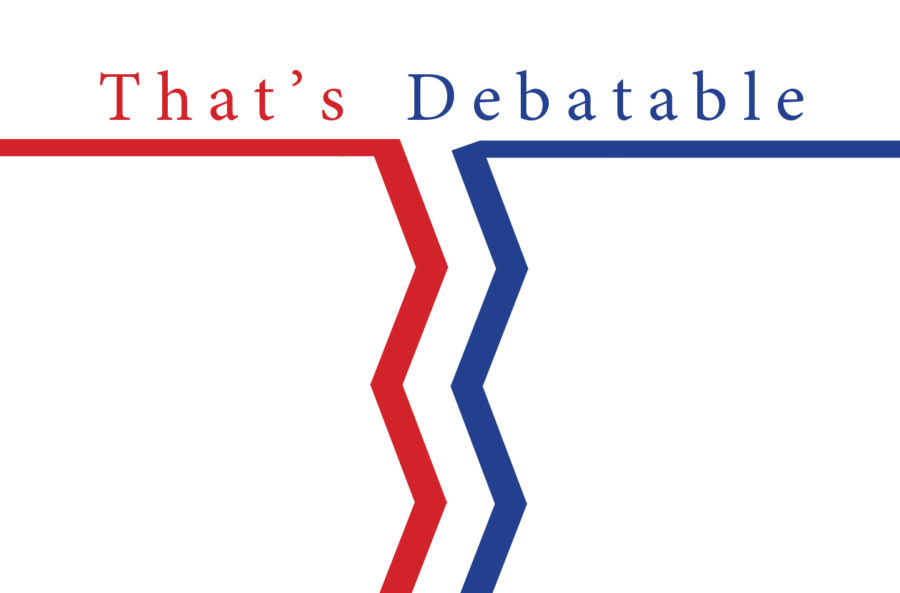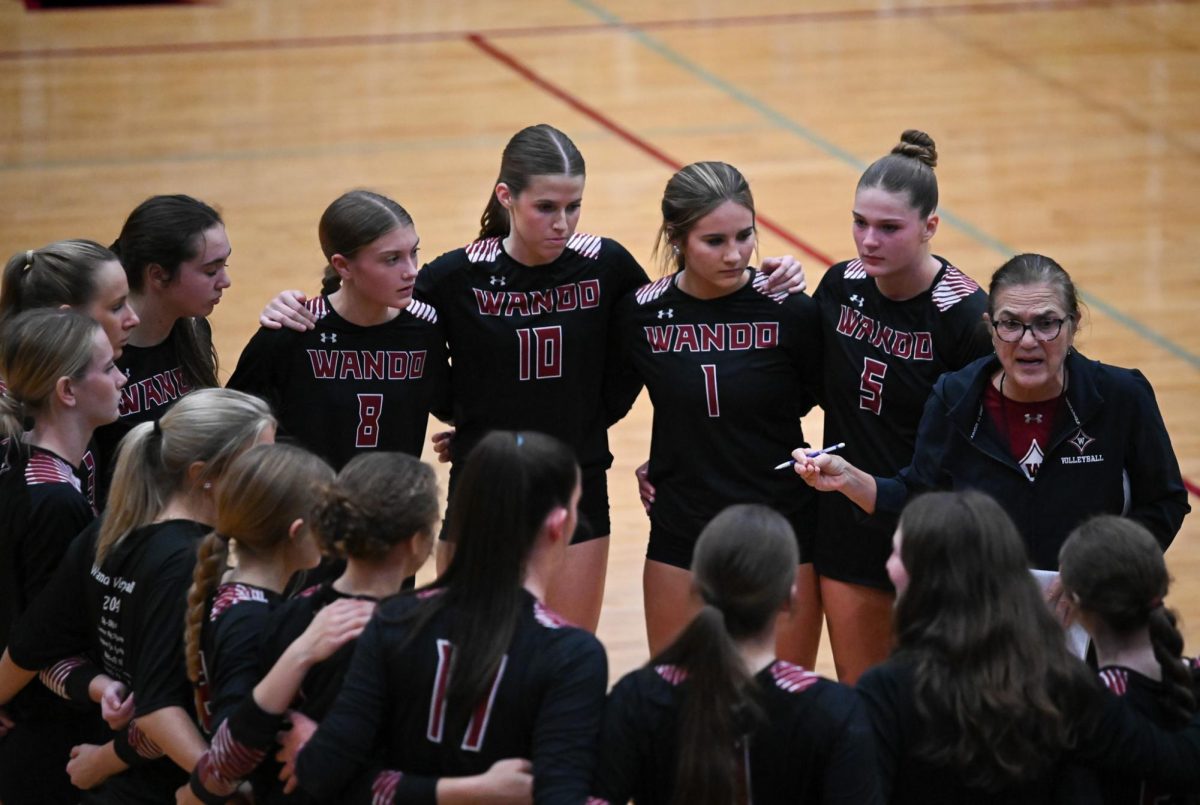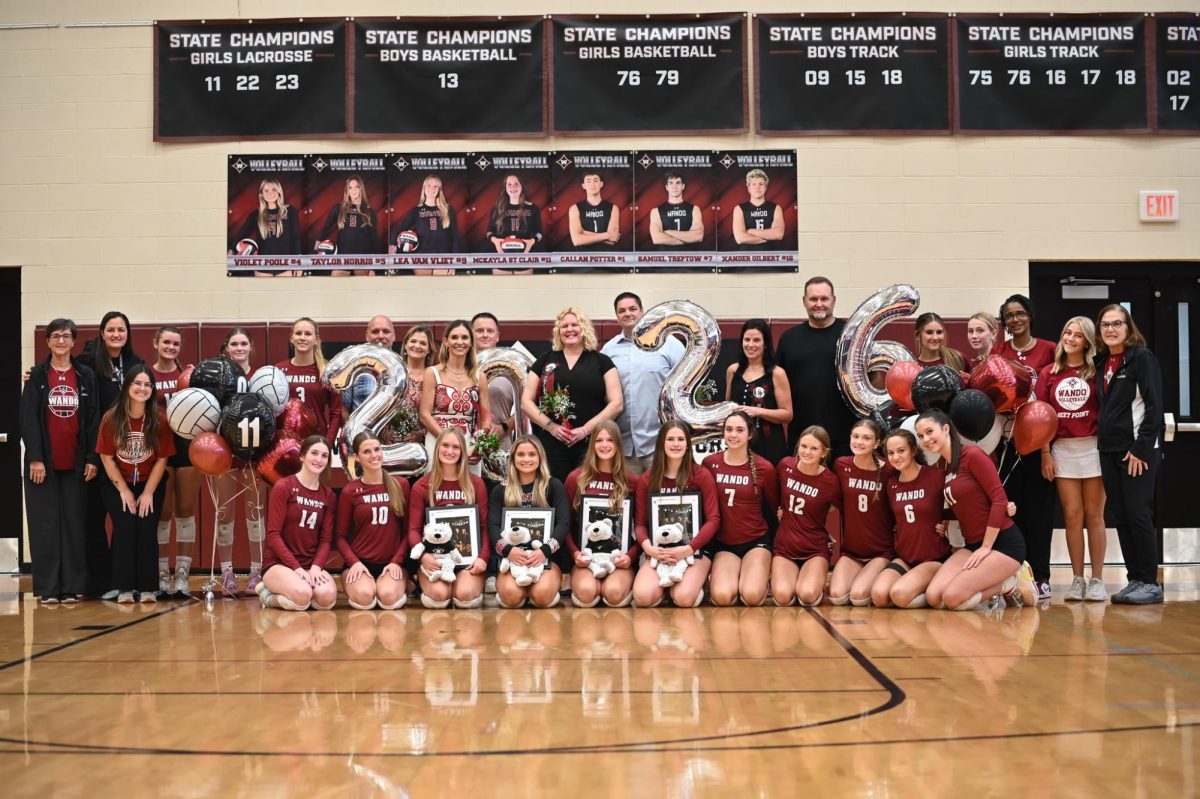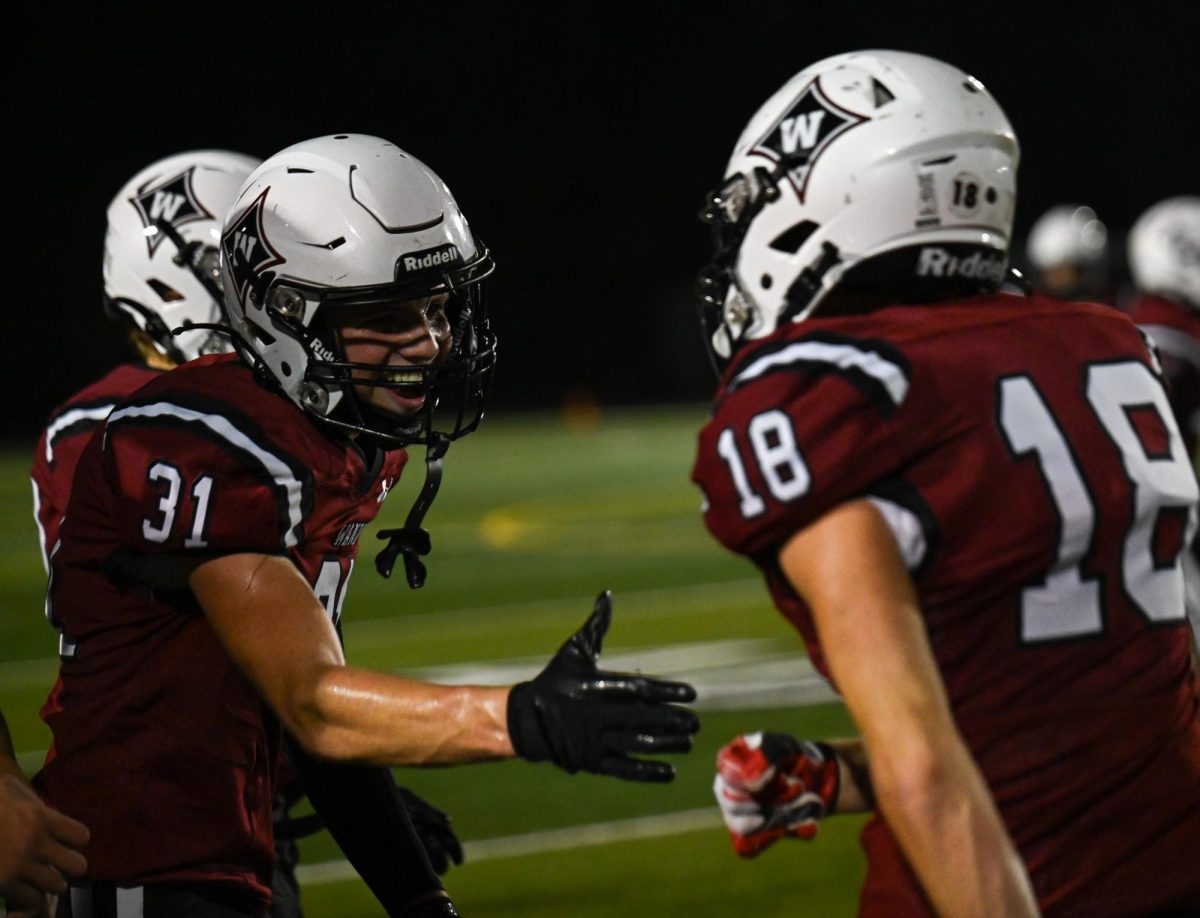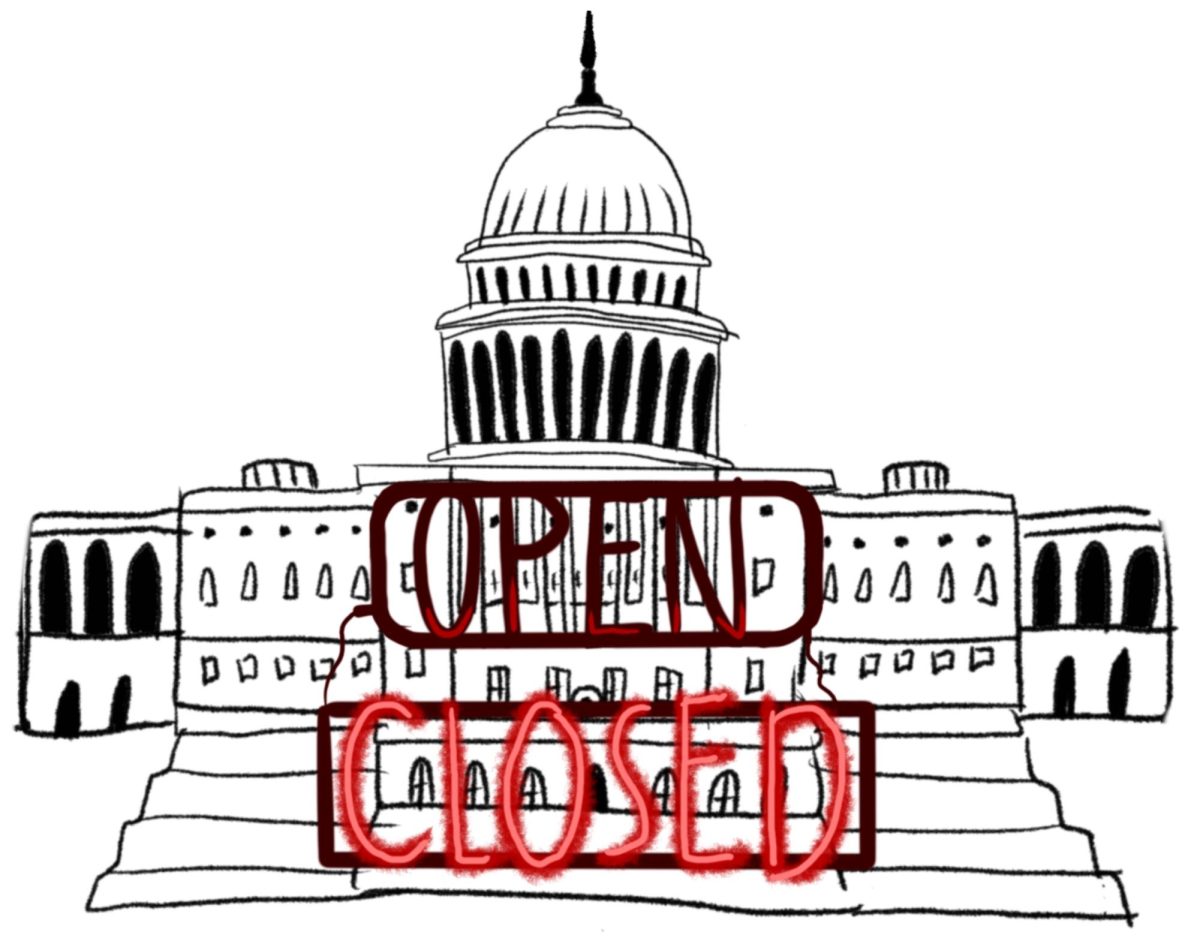In the weeks leading up to October, the U.S. government was on the verge of a shutdown. The ordeal ended with President Joe Biden, signing a bill to temporarily fund the government and House Speaker Kevin McCarthy, to be voted out of office by his fellow Republicans effective immediately. U.S. History teacher Leanna Rossi-Potter followed closely with the development.
“It wasn’t shocking. It’s happened a few times before,” Rossi-Potter said. “It just shows the [lack of] compromising and negotiation that’s happening on either side of the aisle…[They are] affecting one, the possibility of helping our allies, and two, people’s lives that work for the federal government.”
The possibility of a government shutdown is not fully diminished. Biden’s bill only secures funding until Nov. 17.
“Congress is the branch that decides what money to spend and where to spend it… so when it comes up, we’re at the point where we have to agree on where the money is,” Rossi-Potter said. “Some Republicans and Democrats are concerned with how much spending we’re doing, not only within our nation, but, for instance, billions of dollars going to Israel and other nations.”
With there being no signs of cease fire in the Israeli conflict, the question arises as to whether or not the United States will still be able to support Israel in the event that a shutdown does occur.
In a press conference on Oct. 10, President Biden said, “We’re supplying additional military assistance including ammunition and interceptors…we’re gonna make sure that Israel does not run out of these critical assets to defend its cities and citizens.”
Government shutdowns occur when there is a disagreement over fundings in Congress. When this happens, the government shuts down all unessential functions.
On Wednesday, after several failed elections, the House finally elected a new speaker, Rep. Mike Johnson, a Louisiana Republican. While this election now allows the House to once again resume its duties, the Nov. 17 funding deadline still looms with several Republicans, who control themajority of the House, in disagreement over spending measures.
“If there is a shutdown, they do keep all necessary positions going [and] it’s not going to affect us at our level because our schools are state and district run,” Rossi-Potter said. “Unfortunately it’s a political game. One side blames the other for the shutdown and back and forth.”
While students’ lives will likely not be affected by this event, many are watching it from the sidelines. Freshman Ryan Barnard, has noticed the commotion up at our nation’s capital.
“I think it’s really unprofessional for political members on all sides to use the government as a weapon against voters…they can use this to then blame the other side for why the government shut down,” Barnard said.



